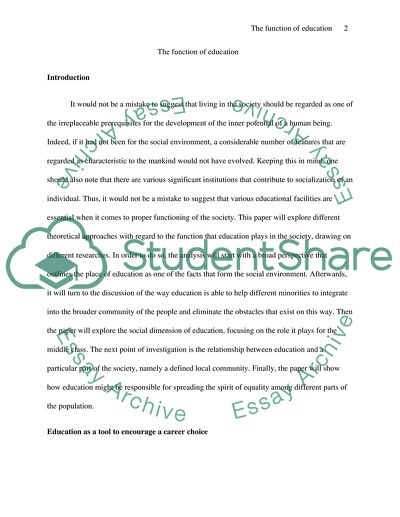Cite this document
(“1. Critically evaluate the various theoretical approaches to the Essay”, n.d.)
Retrieved from https://studentshare.org/sociology/1695374-1-critically-evaluate-the-various-theoretical-approaches-to-the-function-of-education-in-society
Retrieved from https://studentshare.org/sociology/1695374-1-critically-evaluate-the-various-theoretical-approaches-to-the-function-of-education-in-society
(1. Critically Evaluate the Various Theoretical Approaches to the Essay)
https://studentshare.org/sociology/1695374-1-critically-evaluate-the-various-theoretical-approaches-to-the-function-of-education-in-society.
https://studentshare.org/sociology/1695374-1-critically-evaluate-the-various-theoretical-approaches-to-the-function-of-education-in-society.
“1. Critically Evaluate the Various Theoretical Approaches to the Essay”, n.d. https://studentshare.org/sociology/1695374-1-critically-evaluate-the-various-theoretical-approaches-to-the-function-of-education-in-society.


